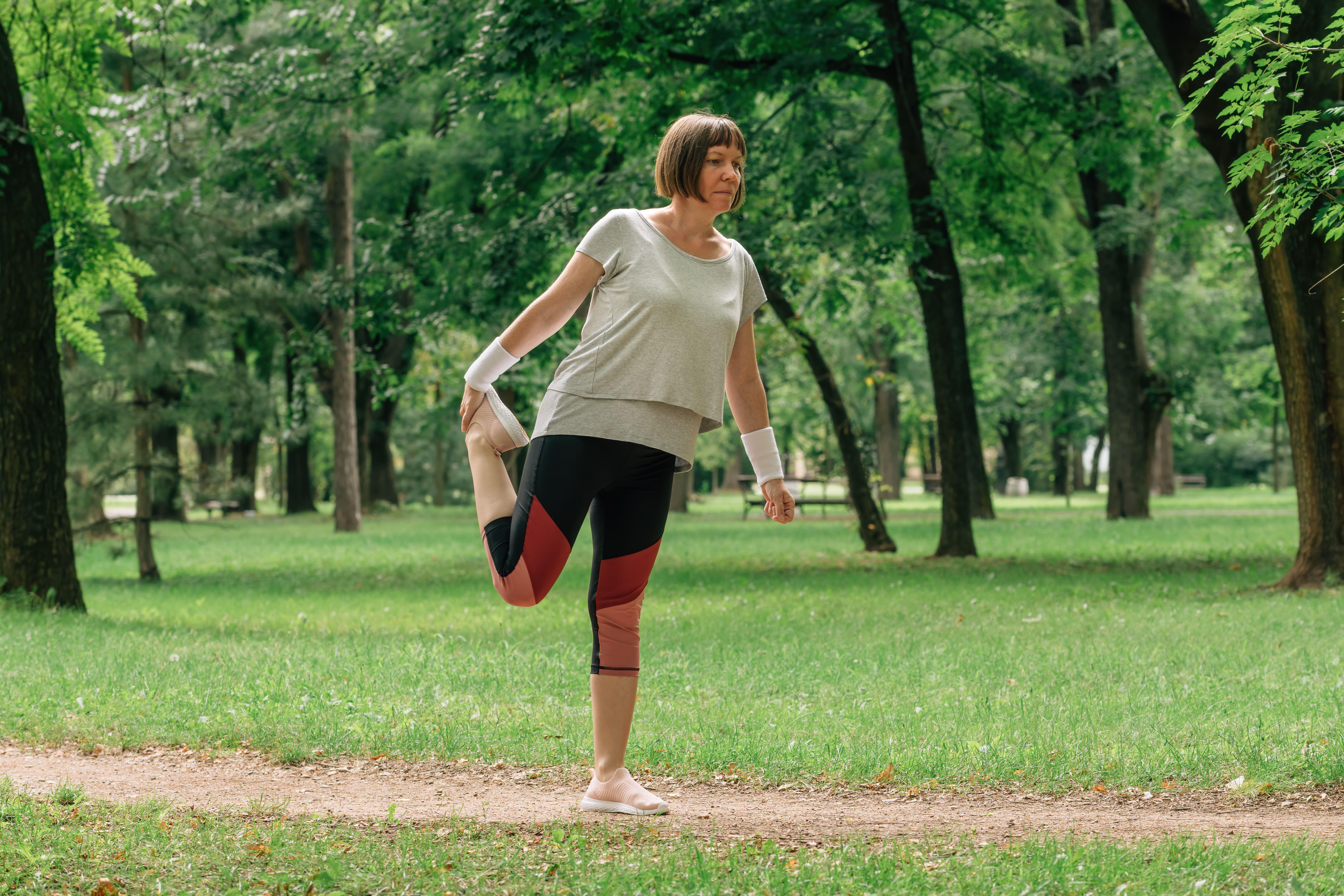
Support truly
independent journalism
Our mission is to deliver unbiased, fact-based reporting that holds power to account and exposes the truth.
Whether $5 or $50, every contribution counts.
Support us to deliver journalism without an agenda.

Louise Thomas
Editor
High blood pressure, also known as hypertension, is a big risk factor for things like heart attacks and stroke.
It’s also associated with a higher risk of vascular dementia, kidney disease and heart failure – so detecting the problem as soon as possible and taking steps to manage it, with either lifestyle measures or medication if required, is important.
But, what if your blood pressure reading is just slightly on the high side? Do you still need to be concerned, and what should you do about it?
“High blood pressure happens when your blood moves through your arteries at a higher pressure than normal. Many different things can cause high blood pressure, such as food (especially food high in salt), lifestyle, age, genetics and some medicines,” says Dr Pauline Swift, chair of the charity, Blood Pressure UK.
“If your blood pressure gets too high or stays high for a long time, it can cause health problems. Uncontrolled high blood pressure puts you at a higher risk for stroke, heart disease, kidney disease and some forms of dementia, plus other health issues.
“The higher your blood pressure is, the more often you need to have it checked, ideally with a home blood pressure monitor or at a local pharmacy or GP.”
Does having slightly high blood pressure mean it will get even higher in the future?
Not necessarily. However, this may depend on any other factors involved, and it’s vital to follow advice to manage it and prevent it getting worse – even if your blood pressure reading was only slightly high.
“If you have high blood pressure, it is likely that your blood pressure will remain high, or will rise further with time if steps are not taken to reduce it, like reducing your salt intake, increasing fruit and vegetables, losing weight if necessary and discussing medications with your GP practice,” says Swift.
Symptoms of high blood pressure
FRom the NHS
High blood pressure does not usually cause any symptoms.
Many people have it without realising it.
Rarely, high blood pressure can cause symptoms such as:
- headaches
- blurred vision
- chest pain
But the only way to find out if you have high blood pressure is to get your blood pressure checked.
At what point might I need medication?
A number of things are considered when it comes to blood pressure medication. Sometimes it’s only required if your results are very high, or if other factors mean you’re at greater risk of conditions like stroke and heart disease.
Swift says looking at lifestyle measures is usually a vital first step. “Additionally, if changes to your lifestyle aren’t enough to reduce your blood pressure to a normal level, your doctor may prescribe medicine to lower your blood pressure. These are called antihypertensive medicines,” Swift adds.
Can lifestyle changes really make a difference if my blood pressure is already on the high side?
“Absolutely,” says Swift. “In fact, reducing salt intake is the quickest way to lower blood pressure. Don’t add it when cooking or at the table, avoid using stock cubes, gravy and soy sauce, check food labels and avoid processed foods high in salt – aim to eat less than 6g a day.

“Also, eating plenty of fruit and vegetables – at least five different portions every day, exercising regularly and drinking alcohol in moderation – up to 14 units a week for both men and women, are all proven to be effective in lowering blood pressure. If you are overweight, losing excess weight will improve your blood pressure.”
Smoking is also linked with high blood pressure, so taking steps to quit is advised. Your GP surgery should be able to advise about free NHS Stop Smoking services and support available.







